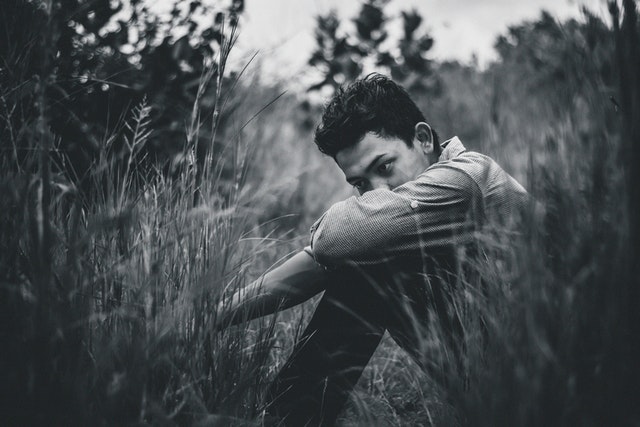Do you know how to spot depression? Depression is one of the most common mental health struggles people face. However, that doesn’t mean it’s in any way easy to deal with. Nor is it always totally obvious when someone is depressed.
Depression affects everyone differently and some might be able to mask it better than others. Has your loved one been irritable? Sleeping less? Sleeping more? Having frequent headaches?
There are many signs of depression that go beyond sadness. Here are some signs to look out for if you suspect your loved one is depressed.
Frequent Irritation or Lack of Emotion
While it’s true that depression is characterized by feelings of sadness and hopelessness, not everyone displays this. Some people actually portray apathy, or lack of emotion. They may be less excited about things they once enjoyed. Or perhaps they don’t put up a fight, whereas before, they weren’t one to avoid confrontation. Maybe they are way less social and are spending a lot more time laying in bed.
Another symptom is frequent irritability. This is especially seen in men and the elderly. Because society teaches men not to display emotion, their feelings of depression may read as anger. And in elderly folk, it may come of as them being extra grumpy.
Of course, irritability is not a symptom exclusive to men and the elderly. It can also occur in women and children.
Constant Fatigue
There are many things that can cause us to feel constantly fatigued, from stress to chronic health issues. Depression is another condition that affects our energy level. Perhaps your loved one struggles to find the energy to do household chores, shower, or get work done. They may even start sleeping more as a coping mechanism to both avoid waking feelings of depression and attempt to relieve fatigue.
But oversleeping may not always be the case. Some people may show fatigue, but actually sleep less. Because depression upsets the chemical balance in our brain, our entire system can get jumbled up. Not to mention, ruminating on depressive thoughts may keep some people awake. Pay attention to your loved one’s energy levels and sleep habits. Combined with other symptoms, it may be a sign they’re depressed.
 Headaches and Digestive Issues
Headaches and Digestive Issues
As you can see, depression isn’t all in your head. It affects the rest of your body, too. Is your loved one complaining of regular headaches with no discernable cause? It’s not totally clear how exactly depression causes headaches, but it may be due to changes in sleep, appetite, energy levels, etc.
Another issue people face is digestive troubles. In fact, it’s not uncommon for depressed people to experience diarrhea, constipation, or other stomach pains. Researchers are discovering more and more about the link between mental health and gut health. Digestive issues with depression may be caused by inflammation in the intestines and stomach lining. Pay attention if your loved one complains about these aches and pains, especially if it’s not something they struggled with before.
Appetite Changes
Like with sleep, some people may eat less or eat more when they are depressed. For some, food is a comfort and coping mechanism. For others, they are simply to fatigued to bother with eating.
If you notice a change in your loved one’s eating habits, take note of any other clues that might point to depression. Another way to spot this is by looking out for weight changes. They might lose weight all of a sudden or start gaining some.
–
Depression can be an extremely isolating experience and not everyone recognizes they are depressed at first or are comfortable reaching out for help. If you see these signs in a loved one, don’t ignore it. Check in with them and encourage them to see a therapist. You can be a crucial pillar of support for them during a hard time. I am here to support anyone who is going through a dark time, let’s connect.





